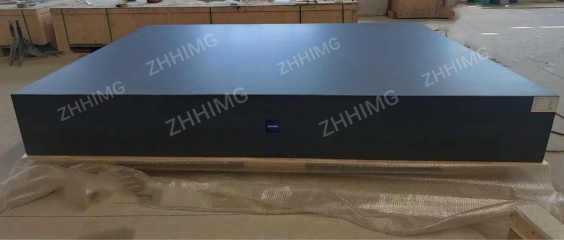Types and Advantages of Precision Ceramic Components
Precision ceramic components have become increasingly vital in various industries due to their unique properties and capabilities. These components are engineered to meet stringent specifications, making them ideal for applications in aerospace, electronics, medical devices, and more. Understanding the types and advantages of precision ceramic components can help businesses make informed decisions about their material choices.
Types of Precision Ceramic Components
1. Alumina Ceramics: Known for their excellent hardness and wear resistance, alumina ceramics are widely used in cutting tools, insulators, and wear-resistant parts. They can withstand high temperatures and corrosive environments, making them suitable for various industrial applications.
2. Zirconia Ceramics: Zirconia offers exceptional toughness and is often used in dental applications, as well as in fuel cells and oxygen sensors. Its ability to withstand high stress and thermal shock makes it a preferred choice in demanding environments.
3. Silicon Nitride: This type of ceramic is known for its high strength and thermal stability. Silicon nitride components are commonly used in bearings, cutting tools, and engine components, where durability and performance are critical.
4.Piezoelectric Ceramics: These ceramics generate an electric charge in response to mechanical stress, making them essential in sensors and actuators. Their applications range from medical ultrasound devices to industrial automation.
Advantages of Precision Ceramic Components
- High Wear Resistance**: Precision ceramics are highly resistant to wear and abrasion, which extends the lifespan of components and reduces maintenance costs.
- Thermal Stability: Many ceramic materials can withstand extreme temperatures without deforming, making them ideal for high-temperature applications.
- Chemical Inertness: Ceramics are generally resistant to chemical corrosion, allowing them to perform well in harsh environments.
- Electrical Insulation: Precision ceramics can act as excellent insulators, making them suitable for electronic applications where conductivity must be minimized.
- Lightweight: Compared to metals, ceramics are often lighter, which can lead to reduced overall system weight and improved efficiency.
In conclusion, precision ceramic components offer a range of types and advantages that make them indispensable in modern engineering and manufacturing. Their unique properties not only enhance performance but also contribute to the longevity and reliability of various applications.
Post time: Oct-29-2024

